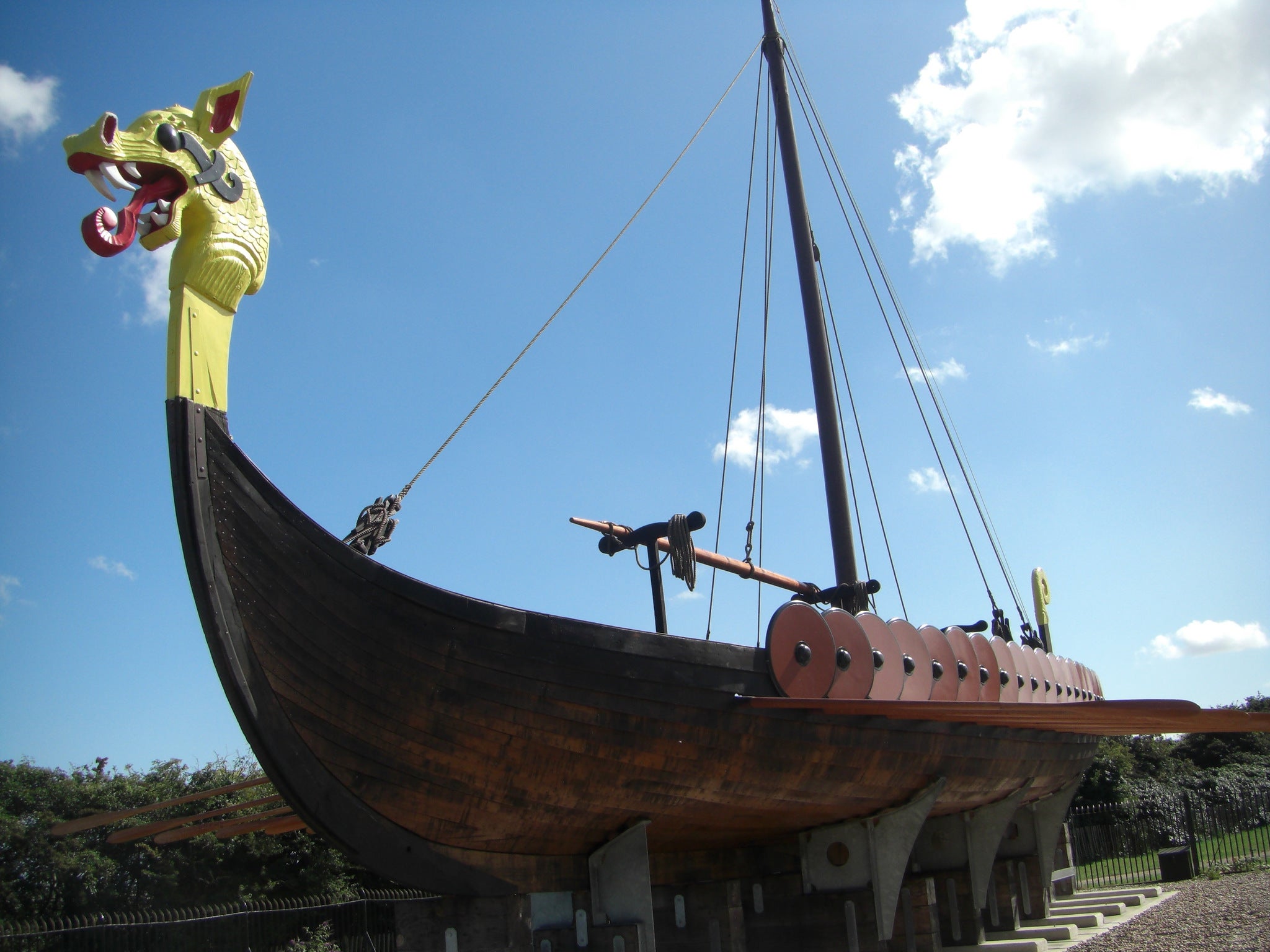Errors & Omissions: Significantly robbed of the romance of the seas
Top-quality pedantry about the Vikings, vanguards and ‘maths literacy’

On Monday, we ran a story about DNA evidence indicating that Viking warriors took Norse women with them on their voyages, instead of just carrying off the locals they found. “Scientists have found that Viking men took significant numbers of women with them in their longboats when they sailed to places such as the Scottish mainland, Shetland, Orkney and Iceland.”
Warships of Nelson’s day carried a number of boats on their decks: one of the larger types was the longboat. The magnificent seagoing vessels of the Vikings are called longships. Calling a longship a “longboat” is not only wrong, it is unromantic, which is worse.
Incidentally, what is a “significant” number of women? One imagines that men of the stamp of Harald Hardrada or Ragnar Hairy-Breeks would probably have had more ambitious ideas on that topic than are fashionable today. “Significant” is a word that sounds good but rarely conveys anything like a precise meaning.
• Still on matters of history, here is a sentence from a comment piece on Monday, discussing Barack Obama: “Millions of African Americans came out to mark the historical moment of his election in 2008.”
No, the moment was historic – that is to say, worthy of a place in history. “Historical” means related to the writing or study of history – as in “historical research” or “historical evidence”.
• This is from a news story published on Thursday: “Representatives of five countries including Israel, South Korea and New Zealand met in London for a two-day summit to share best practice on government support for tech start-ups.”
Well, that’s three out of five. In view of the London location we may guess that the United Kingdom was the fourth. But now tell me, snarls the reader through gritted teeth, the identity of the last one. It may not matter much, but journalists, even on posh papers, have a duty not only to explain things that matter but also to satisfy simple, vulgar curiosity. All right, it only takes a moment to discover, by way of Google, that the mysterious fifth country was Estonia (remember – you read it here first), but why should the reader have to take the trouble?
• A leading article published last Saturday commented on the successful defence in the Commons of a piece of legislation on foreign aid. “And yet there has been little jubilation from the group of 146 MPs who formed a vanguard around the proposed Bill.”
An army on the march has a vanguard at the front and a rearguard at the rear. You can’t form a vanguard “around” anything. If you must have a military metaphor, I suppose you could say that the MPs “closed ranks” around the threatened Bill.
• An education article on Thursday reported on an initiative “designed to ensure the country becomes more maths literate”. Somebody seems to have dreamed up “maths literate” on the analogy of the modish term “emotionally literate”. But what happened to “numerate”?

Join our commenting forum
Join thought-provoking conversations, follow other Independent readers and see their replies